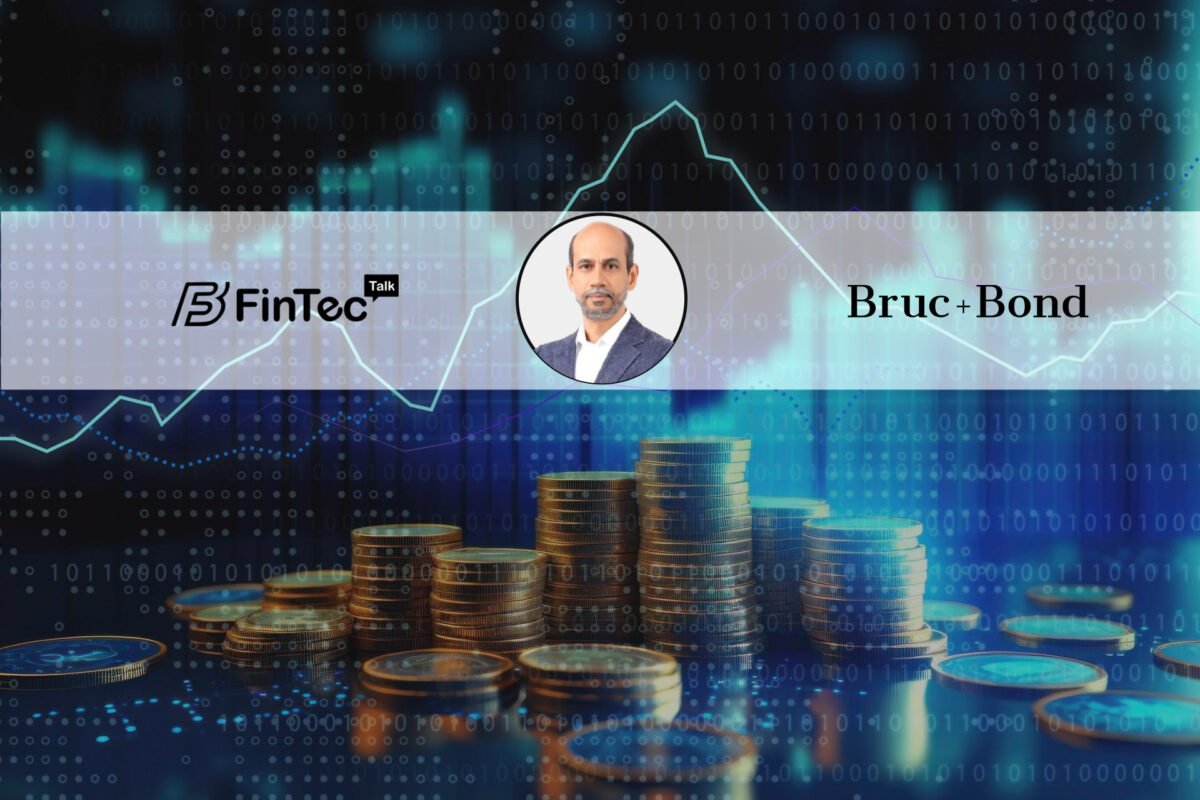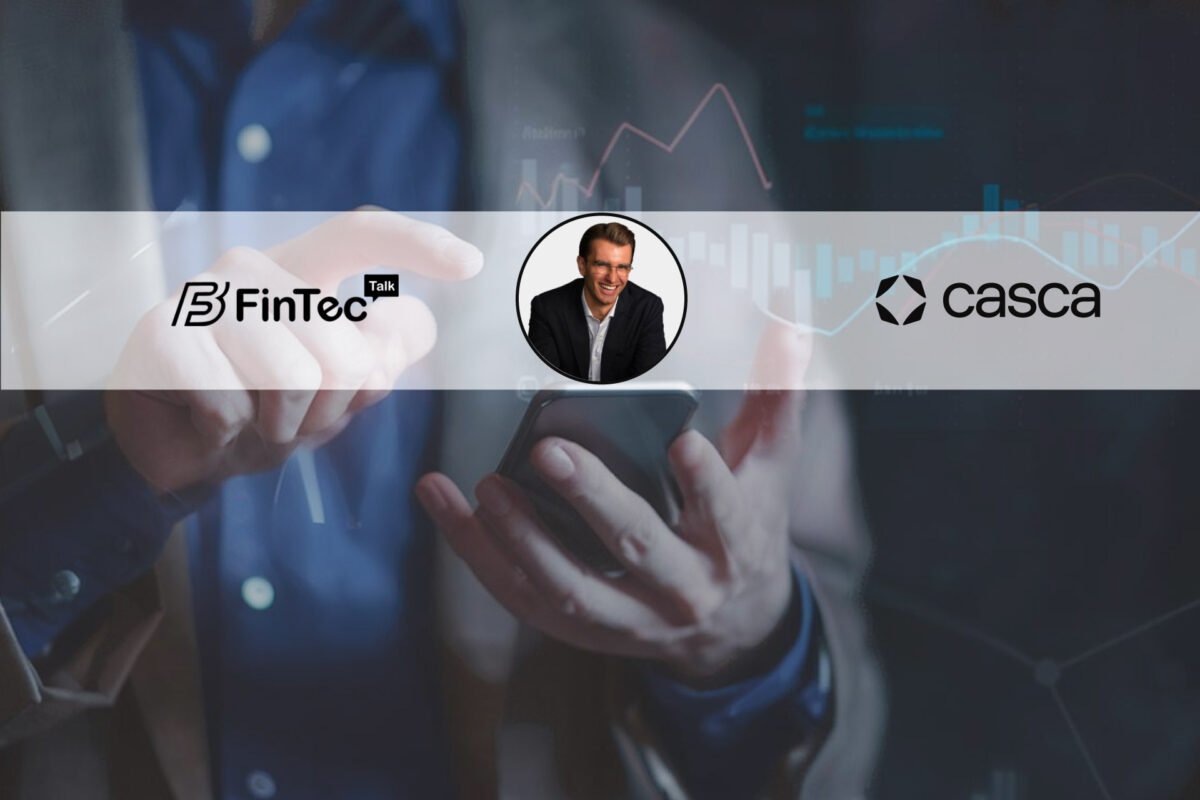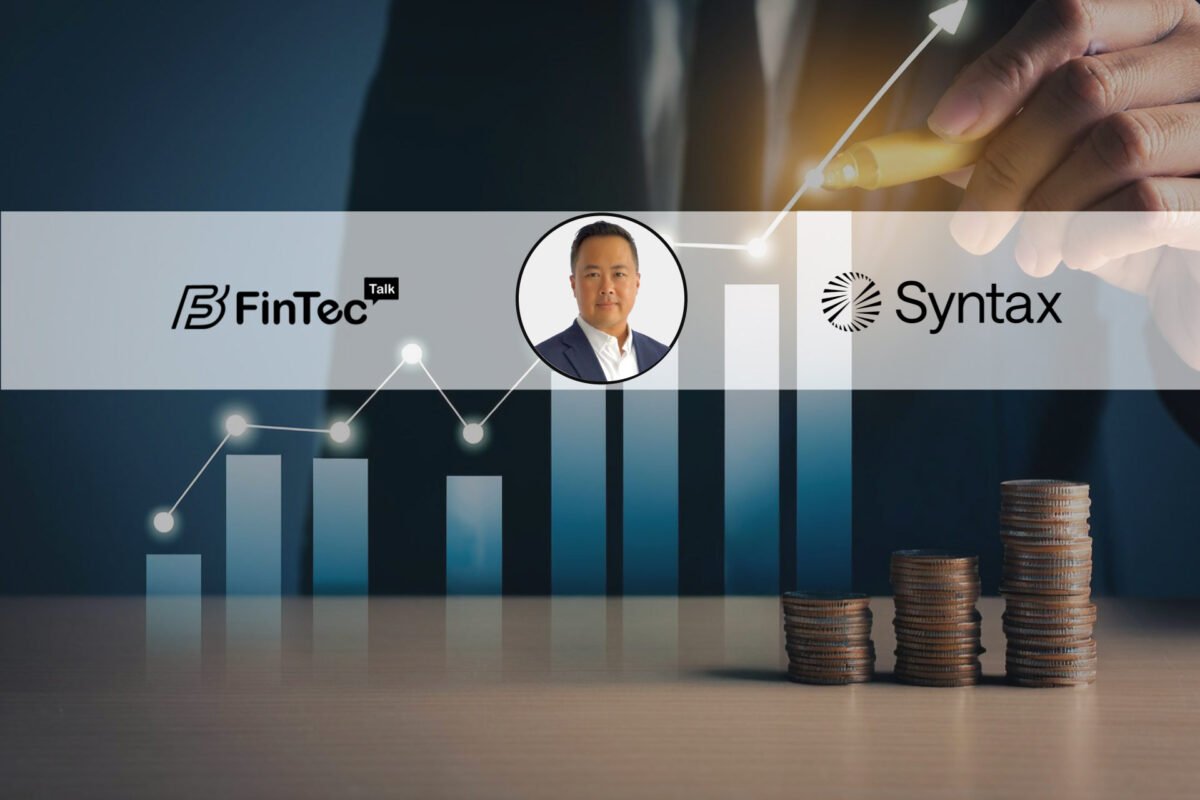
Amit Jnagal Infrrd, CEO & Founder
Amit is passionate about solving complex business problems. Over the years, he has co-founded a couple of companies focused on providing disruptive value to businesses through innovative use of technology. Having consulted for some of the large retailers in the world, he has first-hand experience of the challenges of retail search and browse experience. These days, he is working on building the next generation retail experience with improved relevance and online conversions.
1. Tell us about your role at Infrrd and how you got there?
I am the founder and CEO of Infrrd. My entrepreneurial journey started 9 years ago after having worked for two corporate giants- IBM and Infosys for 12 years. Ever since I got out of college, I wanted to start something of my own. While I was working as a technology architect in my corporate job, I developed a fascination for unstructured data analytics – making sense of large volumes of documents, images, emails, review comments, etc. We started off by offering an NLP solution for Retailers that let them understand their product catalog from customer’s perspective with the aim of increasing conversion rates. Over a period of time, we have also added computer vision and predictive analytics capabilities to our platform and found a niche in AI-based data extraction for Financial Services and Manufacturing customers.
2. What importance do you think AI automation plays in a Financial technology based arena?
In 2018, AI automation went through a hype cycle – a lot of companies that were doing analytics became AI companies over night. We started working on AI in 2011, when it was neither mainstream nor cool. Since then, we have witnessed and delivered tangible benefits to financial companies using our automation platform. Most of these benefits have been in areas where these companies spent a lot of manual labor to go through documents, emails, legal clauses, images, etc. One of our customer had a backlog project to process more than a million images of houses every day and shelved the idea when they figured out the cost of the manual labor required to do this. Today, we process these images for them for a fraction of cost of the original estimate. Financial companies realized a lot of tangible benefits like these last year. 2019 will open even more possibilities and avenues for AI Automation led efficiency gains.
3. What has been your best digital transformation campaign till date?
Without doubt, our best transformation campaign has been around machine learning based enhancements to OCR data extraction. OCR technology has been around for fairly long time but it has been one of those things that give you a good start but fail to deliver a good finish. We fill in the gaps of OCR extraction using our ML algorithms and deliver one of the best data extraction solutions in the industry. Our team has won several AI automation challenges run by Fortune 100 companies.
4. How does Natural Language processing Algorithms help in catering to the vast majority of fintech clients per financial organization?
For financial organizations, NLP algorithms help you understand and extract information from human conversations. Now these conversations can be email exchanges between the company and its customers or complex legal documents, annual reports, opinions and guidances. These things have traditionally been done using manual human labor which has constraints for scaling. NLP algorithms can help you significantly reduce these costs and timelines.
5. “AI driven data extraction proves to be a catalyst in resolving the data chaos of the fintech arena”. How do you justify this statement?
There are three categories of data extraction processes that fintech companies handle today:
Small Scale Extraction – This is where companies process 10-100 documents per day.
Medium Scale Extraction – For SMB segment where companies process thousands of documents every day
Large Scale Extraction – For extremely large companies processing hundreds of thousands to millions of documents or pages per day.
For the first category of extraction – there is no chaos. The scale is so small that automation does not justify the ROI. In these cases, it is appropriate to use manual labor to extract data. For the second category of extraction, the manual labor still works but this is a point where chaos starts to set in. Now you have quite a large team of people whose work needs to be coordinated and output reviewed before being consumed. This brings its own overheads and chaos but a determined team with enough budget can still get this done.
The extraction efforts in the last category are completely chaotic. I personally know a lot of companies that have shelved aspirational extraction projects because they do not want to deal with the chaos. This is where AI driven extraction shines. You have a lot of data to deal with, learn from, and extract patterns plus the ROI easily justifies the investment in technology. This is where AI acts as a catalyst to bring order to the chaos arising out of handling this scale of data.
6. Do you thing Machine Learning OCR would prove to be a turning point for the fintech industry?
I would not call it a turning point but it is an extremely good evolutionary step. A lot of customers that we work with had given up on getting meaningful results from OCR extraction because of their past experience. Our work starts by first reinstating their faith in the technology – we usually do this by doing a proof of concept with their data and showing them what is possible. A lot of shelved work that needed OCR based extraction is getting picked up again now.
7. How do you distinguish Infrrd from the competition?
We set ourselves apart with the quality of our accuracy fueled by our technology and superior extraction capabilities. We do not look at data extraction as just an OCR problem. We use a mix of NLP, Computer vision and predictive analytics on top of OCR to produce highly accurate extraction results.
8. What changes do you think have swayed by in the Fintech industry over the last decade?
There are quite a few of them but I would put analytics and automation above most other changes. By analytics, I do not mean reports on numbers but understanding of human conversations. For instance, there is a team that has worked on compiling every recommendation that a financial analyst had made on any stock in the last decade and checked them back retrospectively to figure out which analyst have been right about which stock. As in – if someone issued a ‘buy’ recommendation for IBM stock in March of 2008 then how did it work out by December 2008 and March 2009 – were they right or were they absolutely incorrect?
Similarly, a lot of work that used to traditionally go to BPOs has started finding its way to algorithms in the last decade.
From customer conversation to analyzing images, documents or extracting information from emails are being done more and more accurately by algorithms. Humans are increasingly taking up a role as a reviewers of algorithms’ output rather than producing output on their own.
9. We have heard a lot about your much hyped fun work environment. We would not mind seeing some pictures?

10. What are some of the new Fintech start-ups that you think have a lot of potential?
I think startups like LendingHome and Credit Karma are doing something that when done right can lead to huge disruptions.
11. What book are you currently reading?
Faster Company by Patrick Kelly.
12. What is the one quote you swear by irrespective of your circumstances?
“Dreams are work in progress” – I believe that in order for something astounding to happen, someone needs to dream about it being possible first. Dreams have been the starting point for every greatness that humanity has achieved.



